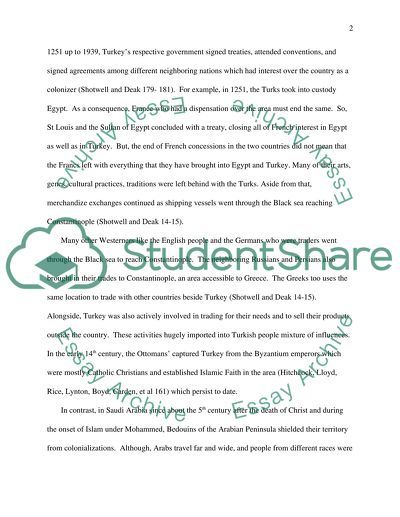Cite this document
(Culture, Traditions, and Economy of Saudi Arabia and Turkey Essay, n.d.)
Culture, Traditions, and Economy of Saudi Arabia and Turkey Essay. https://studentshare.org/geography/1515785-cultures-and-traditions-of-saudi-arabia-and-turkey
Culture, Traditions, and Economy of Saudi Arabia and Turkey Essay. https://studentshare.org/geography/1515785-cultures-and-traditions-of-saudi-arabia-and-turkey
(Culture, Traditions, and Economy of Saudi Arabia and Turkey Essay)
Culture, Traditions, and Economy of Saudi Arabia and Turkey Essay. https://studentshare.org/geography/1515785-cultures-and-traditions-of-saudi-arabia-and-turkey.
Culture, Traditions, and Economy of Saudi Arabia and Turkey Essay. https://studentshare.org/geography/1515785-cultures-and-traditions-of-saudi-arabia-and-turkey.
“Culture, Traditions, and Economy of Saudi Arabia and Turkey Essay”. https://studentshare.org/geography/1515785-cultures-and-traditions-of-saudi-arabia-and-turkey.


